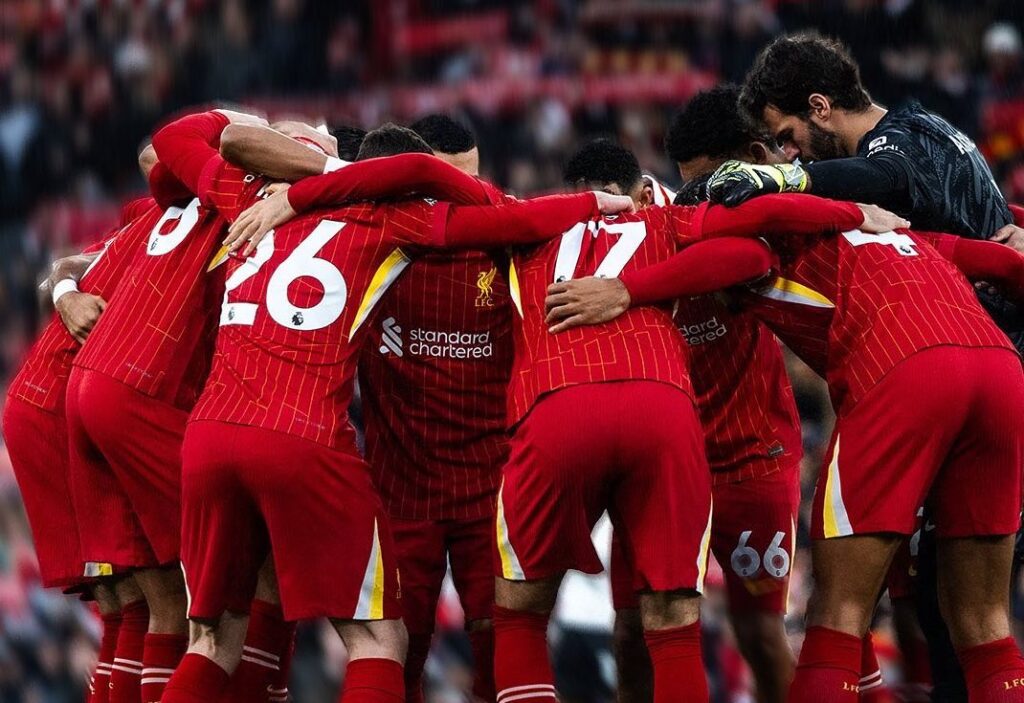A landmark financial reform was voted on by Premier League clubs on Monday. Opposing Manchester City, they are introducing a new salary cap. This is a huge win for Liverpool and their owners, Fenway Sports Group (FSG), who have been pushing for stricter financial controls for years.
Salary Cap Decision Radically Changes Premier League
The latest salary cap from the Premier League is aimed at restricting wage payments to players. It links how much a club can spend on wages to a percentage of its revenue. This shift hopes to encourage financial stability and a more competitive balance. For Liverpool and FSG, this represented a long-sought goal of curtailing overspending in the league.
Manchester City’s Opponent of the Cap
Manchester City was never in favor of the idea. With the endless financial might of Abu Dhabi behind it, the club is a model for how much investment it takes to remain on top. City contended that a cap could curtail ambitious clubs and diminish the league’s worldwide appeal. But most clubs were in favor of the cap, citing sustainability and fairness.
Why Liverpool and FSG Supported the Salary Cap
Ever since Liverpool and FSG arrived in 2010, they have called for tighter parameters in relation to financial matters. They think the league needs more symmetry in safeguarding its future. The first part of this was Financial Fair Play (FFP). Now, the salary cap fits with their long-term plan. It guarantees that clubs can’t live on billionaire titles alone.
FSG’s model focuses on commercial success and prudent transfers and investment to generate revenue. A salary cap enhances their sustainable strategy and equalizes the game for mid-tier clubs.
A 14-Year Wait for Change for Liverpool
For Liverpool supporters and FSG, the salary cap is a 14-year wait for more robust financial oversight. Like Arsenal, and Tottenham, the club has been a constant advocate for change. The vote on Monday demonstrates how far the league has come in acknowledging that stability is now better than runaway spending.
Effect on Premier League Contestation
It could have much further ramifications with the salary cap in future seasons. Clubs that boast strong commercial models, as Liverpool and Manchester United do, could profit. At the same time, Manchester City and Chelsea, both long-time heavy-weights, may need to reassess their approaches.
The change also pleases smaller clubs. They are hoping it will bridge the financial divide and make the league more competitive. For fans, it could even lead to a more level playing field and exciting title races.


